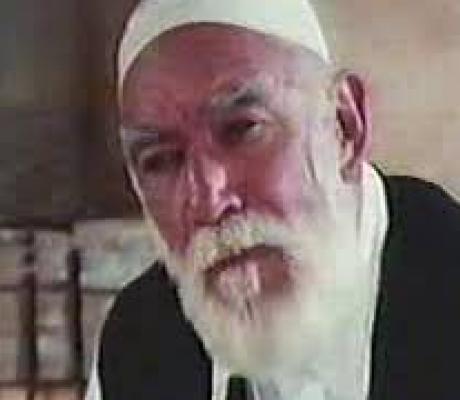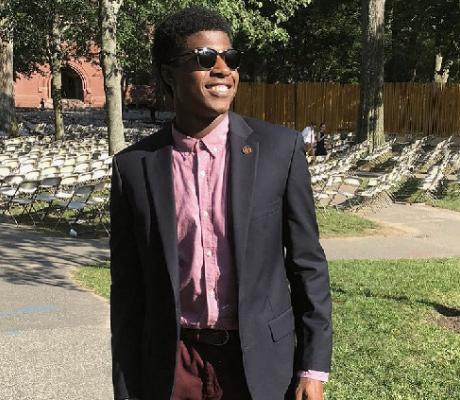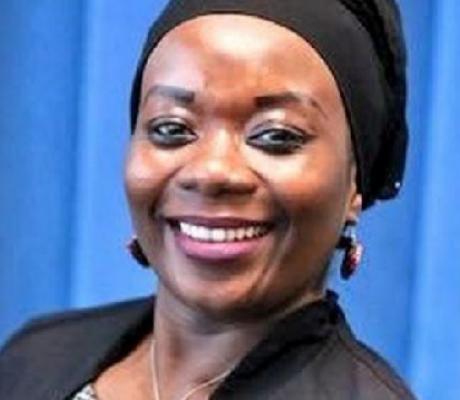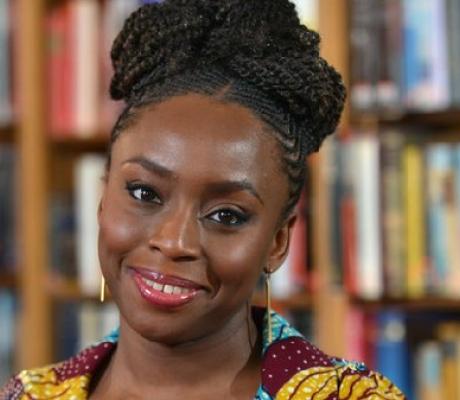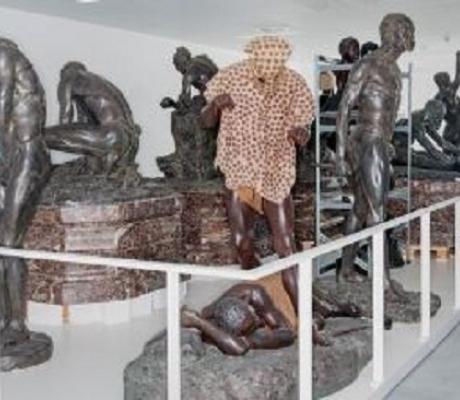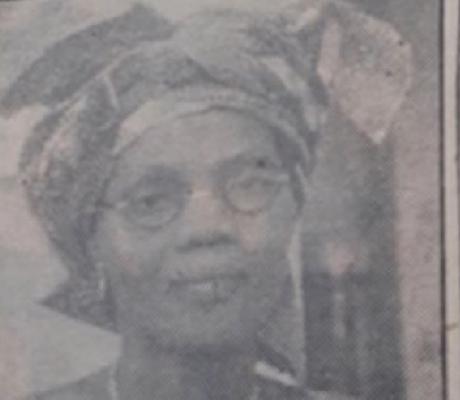Born in a privileged family, Thomas Sankara had a decent childhood with basic needs and formal education. During his years in primary school, he was a hardworking student with a keen interest in French and Math subjects. He grew up in a religious family that attended the Catholic Church regularly. However, despite his parents expecting him to proceed to Seminary School after finishing his Primary Education, Sankara decided to join the secular education system. After that, he disappointed his parents again when he enrolled to join the military instead of becoming a priest.
Sankara admired the military since it appeared to bring sanity to the governance system, which had many flaws, including inefficiency, corruption, and poor leadership. As a trainee military officer, Sankara received formal training in subjects including Geography and History. Furthermore, he learned about other topics, such as imperialism, socialism, neocolonialism, and communism during non-official group discussions with fellow trainees and their tutor. During his free time, Sankara enjoyed playing musical instruments, his favorite being the guitar.
Quote: "Comrades, there is no true social revolution without the liberation of women. May my eyes never see, and my feet never take me to a society where half the people are held in silence. I hear the roar of women's silence. I sense the rumble of their storm and feel the fury of their revolt." ~ Thomas Sankara
Thomas Sankara embraced Marxism – Leninism and Pan-African ideologies from the years of military training. He drew admiration from his supporters, who appreciated his charismatic and revolutionary character. Later on, he held the prime minister's position. He faced many challenges in leadership, including imprisonment following his political differences with the colonial administration. However, a group of his political aides organized a coup while Sankara was still under restrictions, and they successfully overthrew the colonial government. The revolution led to Thomas Sankara becoming the President of Burkina Faso, whose original name was Upper Volta. Sankara renamed the country as soon as he took over the leadership.
As President, Thomas Sankara spearheaded numerous government changes, including launching programs for the people's socio-economic empowerment and avoiding assistance from foreigners. Moreover, he brought all natural resources, including land under government ownership, strategized to reduce the national debt, and promoted agriculture. He also focused on improving education infrastructure and encouraging people to join the formal education. Thomas Sankara’s administration developed the public health sector through the vaccination of children and promoted environmental conservation by encouraging people to plant more trees. The new housing policies removed all rent payments, which enabled Burkina Faso citizens to occupy residential areas free of charge. To show inclusiveness, he appointed women into high-ranking leadership positions to show his appreciation for women empowerment. Essentially, Thomas Sankara pushed the agenda of self-reliance and reduction of over-dependence on foreign aid.
Quote: “He, who feeds you, controls you.” ~ Thomas Sankara
Unfortunately, during his tenure as the President, the people who did not subscribe to Sankara’s leadership style planned a revolution against him. Some of his enemies were the Burkinabe community from whom he removed privileges, including collecting payments from the citizens and the exemption from forced labor. Blaise Compaore, one of the President’s enemies, organized a coup that led to Sankara’s assassination in 1987. However, as Thomas Sankara once stated, “While revolutionaries as individuals can be murdered, you cannot kill ideas.” He remains to be one of the most reputable leaders in Africa.
Author: David Katana,
Proficient Content Writer, Editor, and Proofreader.
Twitter Handle: @DCK_2020
Source: https://www.britannica.com/biography/Thomas-Sankara




